Record-breaking heatwaves swept through the Gulf this summer, with temperatures in Saudi Arabia and the UAE soaring to 48°C and heat indices climbing closer to 60°C.. These extremes weren’t just a meteorological challenge—they spotlighted the region’s heavy reliance on energy-intensive cooling systems and the urgent need for renewable energy solutions.
For Saudi Arabia, the heatwave underscored the critical role of its energy reforms, which are reshaping everything from household consumption habits to long-term economic strategies. As the Kingdom accelerates its shift toward renewables, the societal and economic implications of this transition are becoming increasingly apparent.
A Gulf Summer of Reckoning
This summer, the Gulf sweltered under record-breaking heat, with temperatures in Saudi Arabia and the UAE reaching 48°C, though the heat index made it feel closer to 60°C. On weather maps, the region burned bright red, outstripping most of the world, with only Marrakesh offering a comparable inferno. Yet the heatwave highlighted more than meteorological extremes: it underscored the Gulf’s reliance on energy-intensive cooling systems and the growing urgency for sustainable energy solutions.
Decades ago, the situation was far more precarious. During the summer months, power outages were routine, triggered by overuse or failing infrastructure. Water shortages left residents reliant on sporadic deliveries from water trucks. For older generations, waiting in sweltering heat for the power to return or for water tanks to be refilled was a familiar ordeal. Today, such disruptions seem almost unthinkable, as younger Saudis take reliable electricity and water as given. But this reliability comes at a cost—and a new era of energy reform is forcing a cultural and economic reckoning.
A Necessary Shock to the System
In 2016, Saudi Arabia took a bold step by reducing energy subsidies, which had long shielded consumers from the true cost of electricity and water. Faced with plunging oil revenues, the government aimed to curtail wasteful consumption and bolster its fiscal position. A second wave of cuts in 2018 further raised utility bills, sparking immediate backlash but also forcing households to reassess long-standing habits.
“The sudden jump in utility bills was a wake-up call,” said one Jeddah resident. The sentiment reflects a broader societal shift: energy conservation has transformed from a niche concern into an everyday necessity. Consumption patterns have shifted, with families adopting practices like rationing air conditioning use and installing more efficient appliances. The reforms have not only redefined household economics but have also nudged the Kingdom toward a more sustainable future.
The Road to Renewables
Saudi Arabia’s dependency on oil for electricity generation remains a critical challenge, particularly during summer peaks when demand soars. The government’s ambitious energy diversification plans, however, are beginning to reshape the landscape. Investments in solar and wind projects are part of a broader strategy to generate 100 gigawatts of renewable energy by 2030. These initiatives aim to reduce the strain on the grid and position the Kingdom as a global leader in clean energy.
Yet the energy transition is not just about infrastructure. It requires a cultural shift in how Saudis view and use energy. “We’re not just talking about infrastructure; we’re talking about changing mindsets,” said a sociologist in Riyadh. The longstanding expectation of cheap, unlimited electricity is being replaced by a more pragmatic understanding of resource management.
This shift is not without friction. For a society accustomed to abundant and affordable energy, adapting to higher costs and adopting energy-saving practices can feel like an imposition. Yet it also represents an opportunity: as energy prices reshape consumption habits, they may foster a more environmentally conscious culture.
A Test of Adaptation
Saudi Arabia’s energy reforms are more than a response to fiscal challenges—they are a litmus test for the Kingdom’s capacity to adapt to global shifts. As the government invests heavily in renewables and energy efficiency, the question remains: how quickly can society embrace these changes, and how deeply will they reshape cultural attitudes?
The transition from oil to a mix of gas and renewables is a monumental task, economically and socially. But it is also a necessary one. If the heatwaves of 2023 served as a warning, they also offered a glimpse into the future: one where energy efficiency and sustainable practices are not just government policy but a way of life.
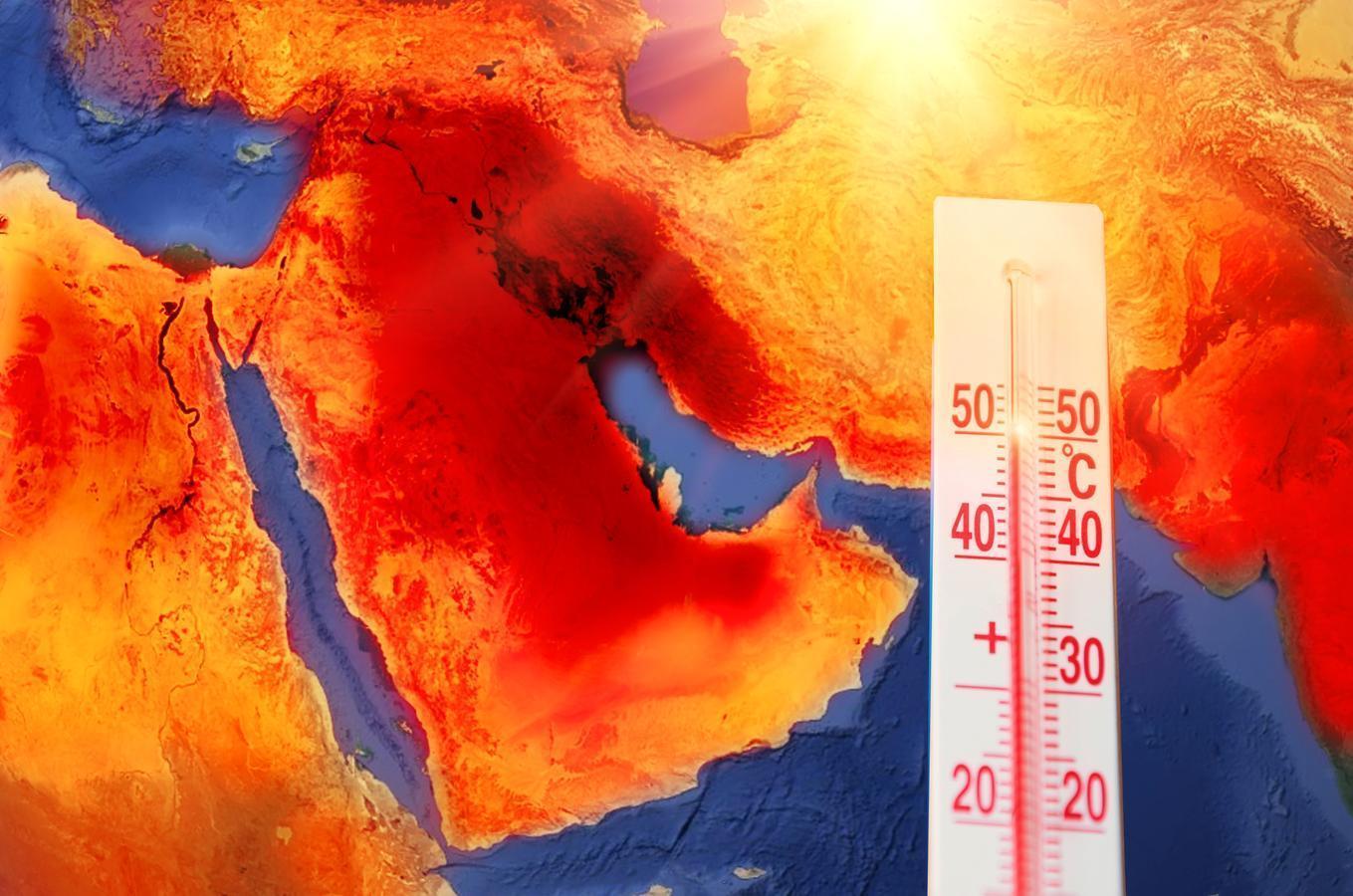
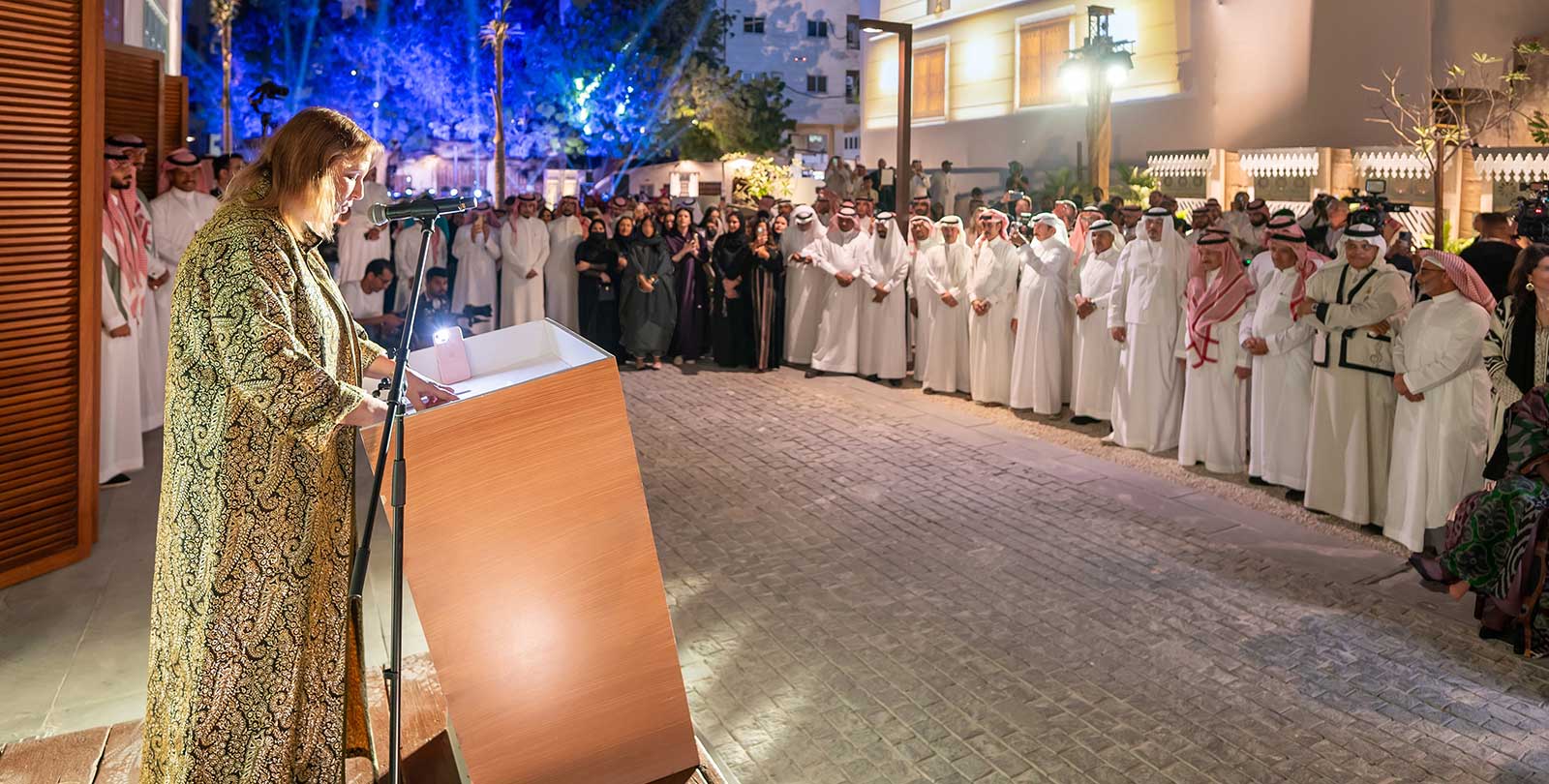

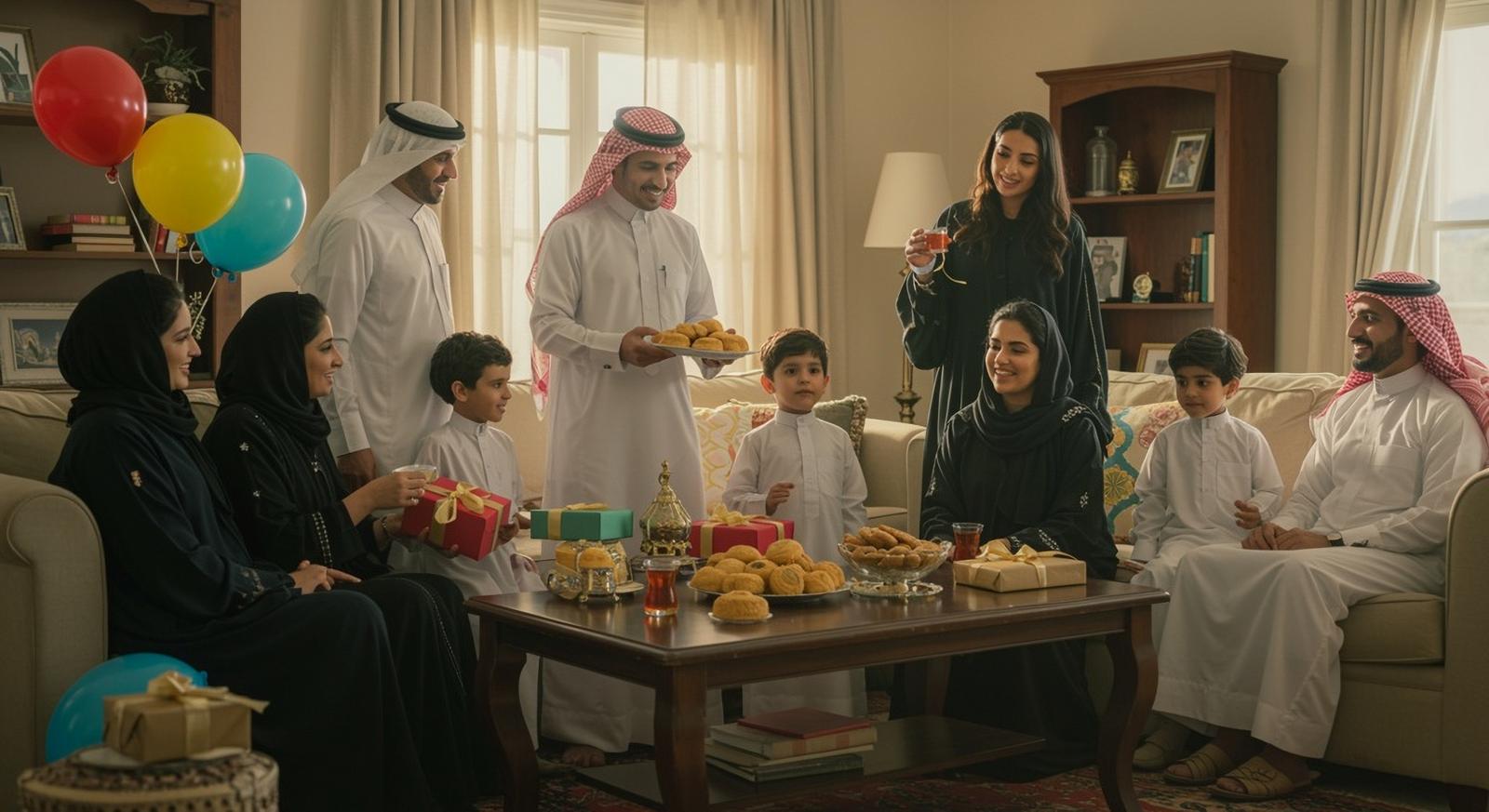

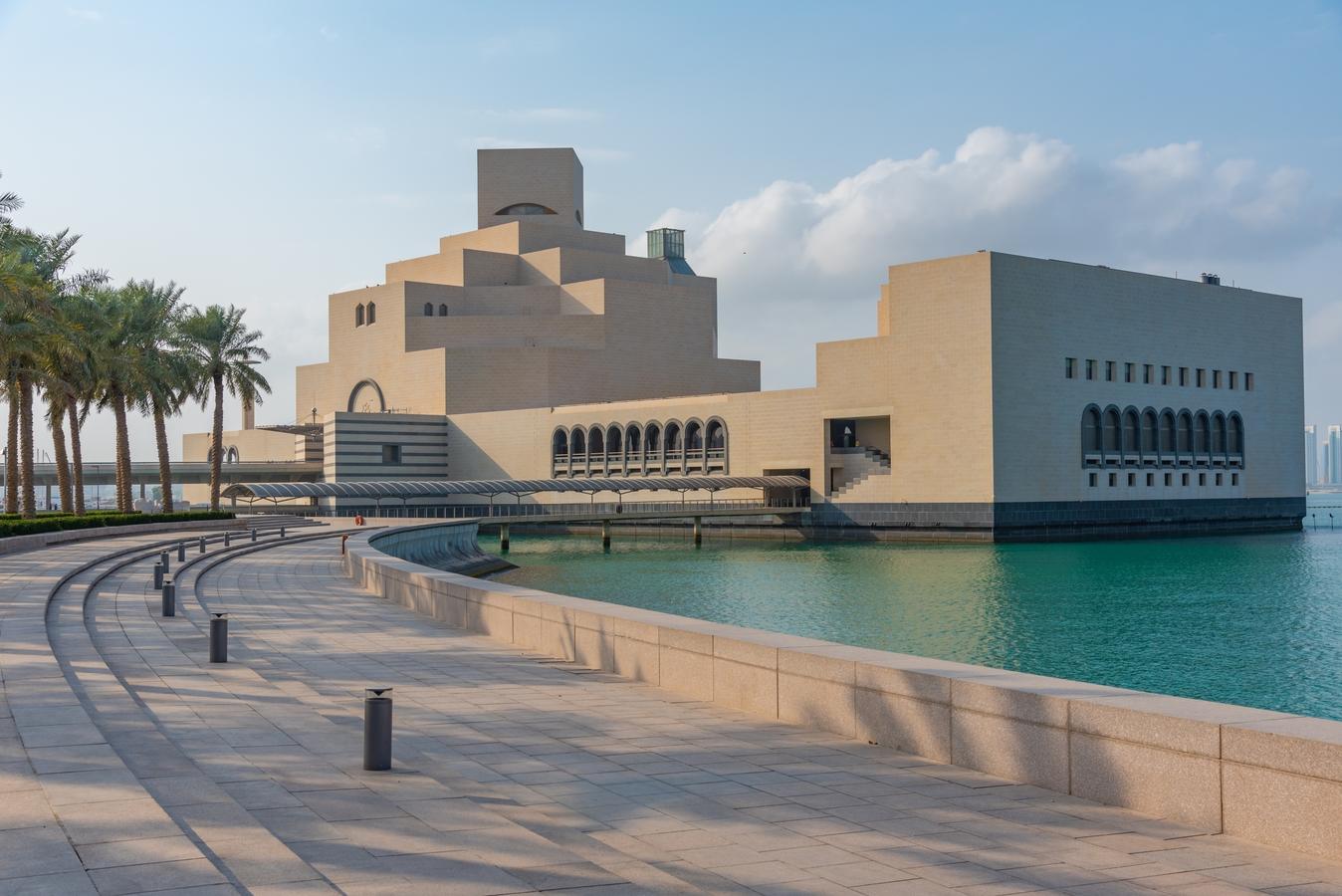
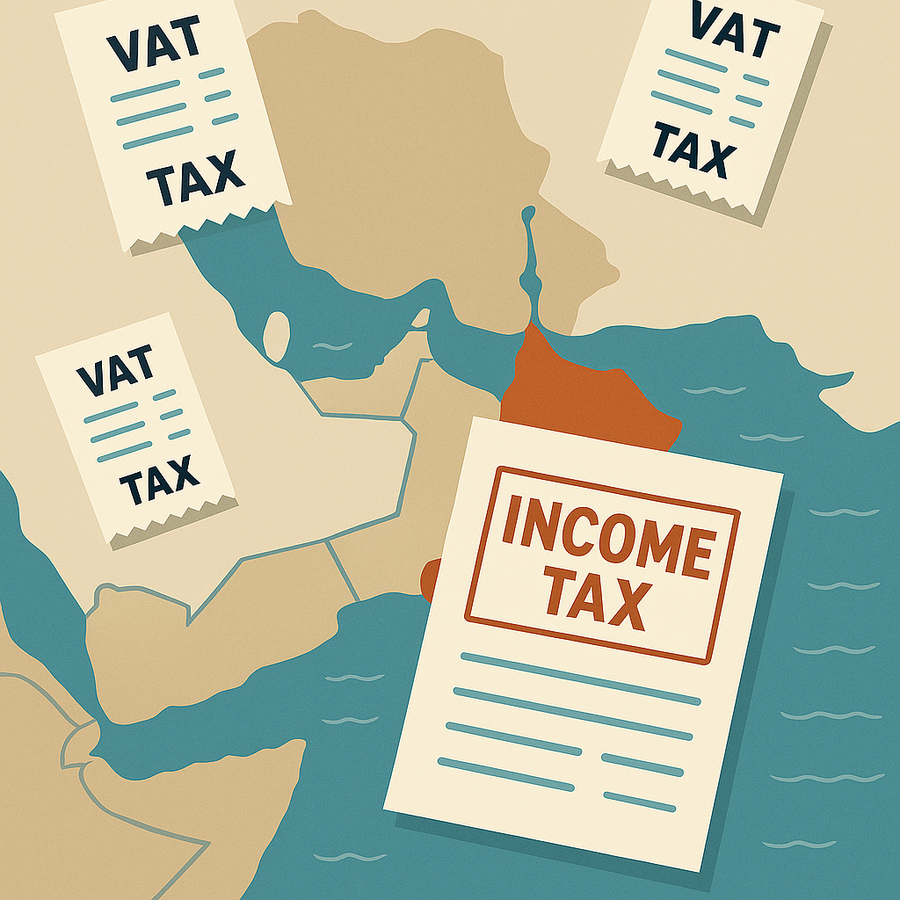
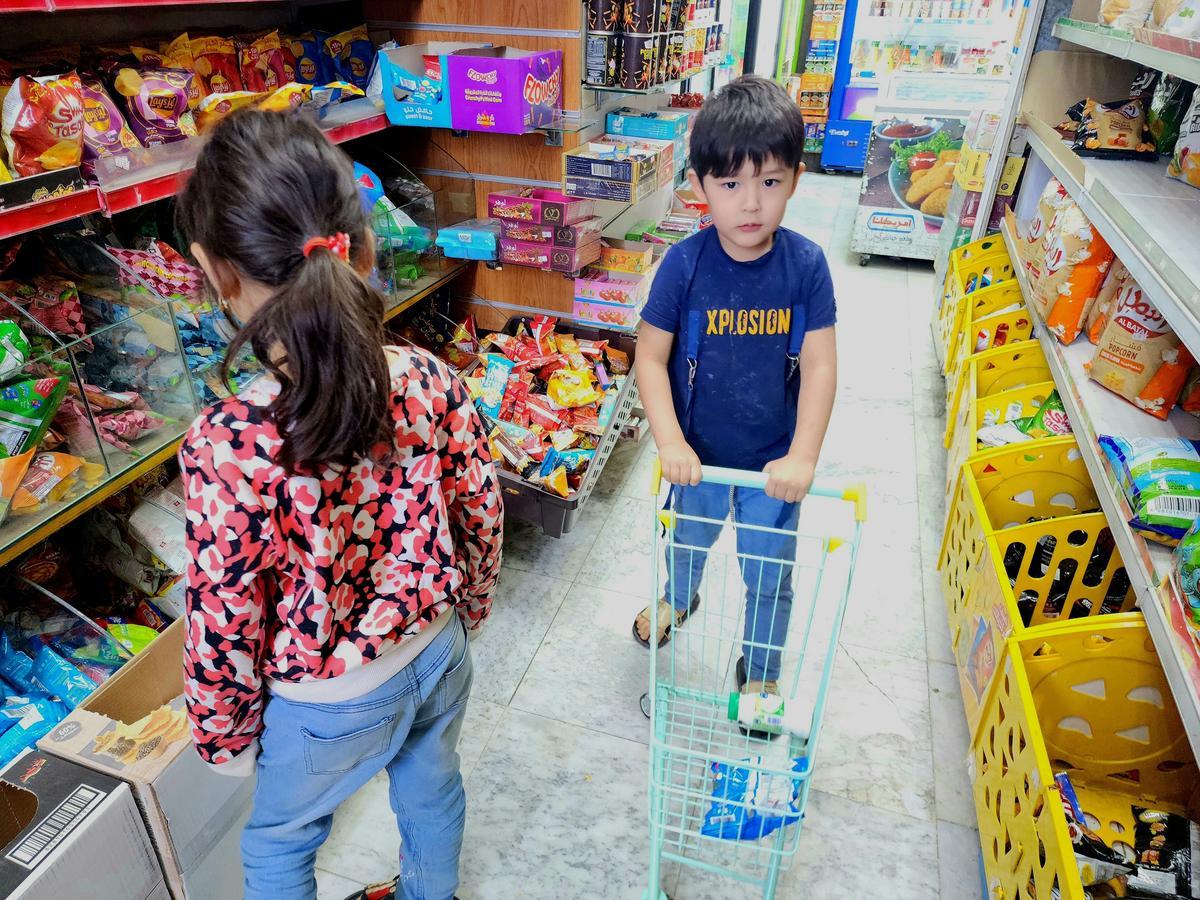

0 Comments
No comments yet. Be the first to comment!